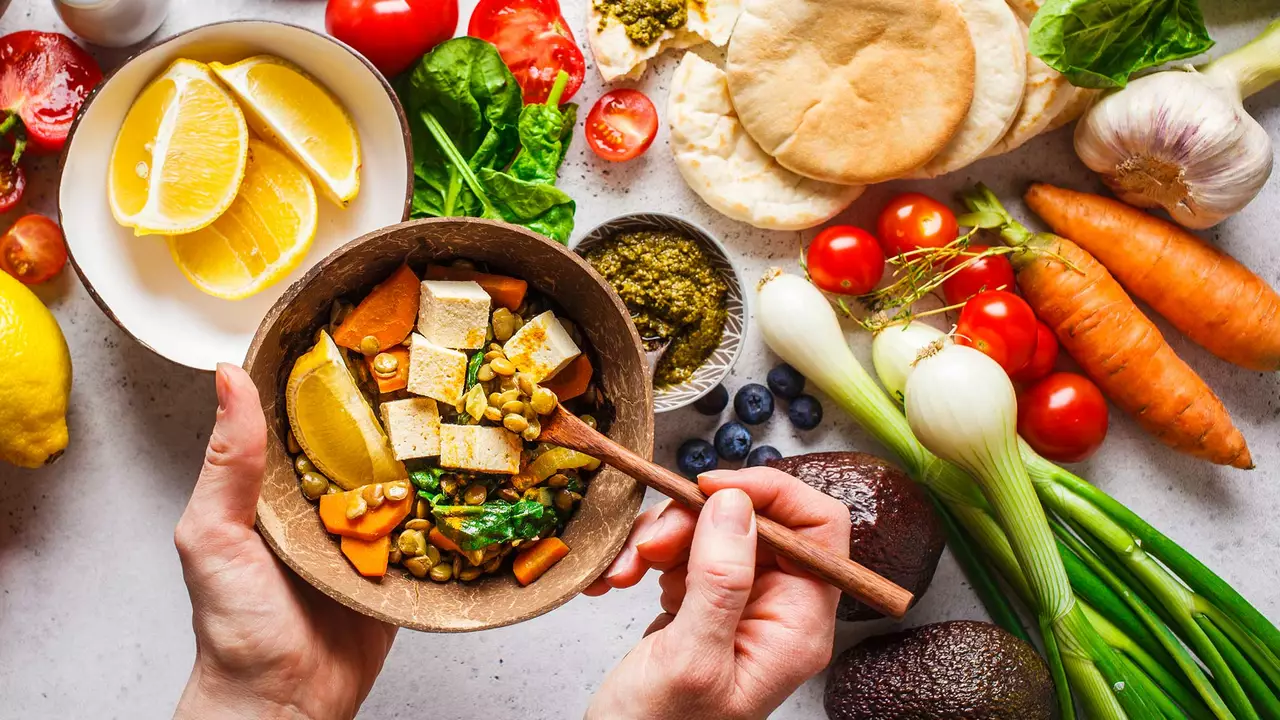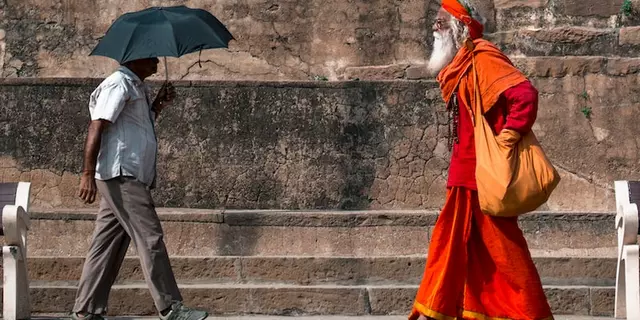Understanding the Concept of Veganism
In the simplest terms, veganism involves abstaining from the use of any animal products, especially in diet. It's not just about avoiding meat, but also dairy products, eggs, honey, and any other foodstuff that comes from animals. The reasons for going vegan can be varied, ranging from concerns for animal welfare to the health benefits of a plant-based diet. But anyone considering this lifestyle change must be ready for some challenges, especially in a country like India where vegetarianism is common but veganism is still a relatively new concept.
The Challenges of Being Vegan in India
The first major challenge is the lack of understanding and awareness about veganism. Many people in India still confuse veganism with vegetarianism, which can lead to misunderstandings when dining out or eating with others. Then there's the issue of availability. While fruits, vegetables, grains, and legumes are readily available, finding substitutes for dairy products, which are a staple in many Indian diets, can be a struggle.
Dealing with Social Pressure
Social pressure is another hurdle for vegans in India. Food plays a central role in our social interactions and cultural traditions, and refusing to partake in certain dishes can be seen as disrespectful. However, it's important to remember that being vegan is a personal choice and it's okay to stick to your convictions even when others don't understand or agree.
Navigating the Indian Cuisine as a Vegan
Indian cuisine is rich and diverse, and while it does include a lot of vegan-friendly options, it also uses a lot of dairy. Ghee (clarified butter), milk, and yogurt are used liberally in many dishes and desserts. But don't despair. With a little creativity and effort, you can still enjoy a wide variety of Indian dishes. For instance, ghee can be replaced with vegetable oil, and there are vegan alternatives for milk and yogurt too.
Finding Vegan Substitutes in India
Finding vegan substitutes for dairy products is not as difficult as it once was in India. Many supermarkets now stock soy milk, almond milk, and other non-dairy milks. Vegan cheese and butter can also be found, though they may be a bit pricier. For those who enjoy baking, there are also egg substitutes available.
Going Out to Eat as a Vegan in India
Dining out can be a bit tricky for vegans in India. While many restaurants offer vegetarian options, vegan dishes are not as common. However, it's always possible to ask the chef to modify a dish to suit your dietary needs. Some cities like Mumbai and Bangalore even have restaurants that cater specifically to vegans.
Staying Healthy as a Vegan in India
One of the concerns people have about veganism is getting enough nutrients, especially protein and B12. While it's true that these nutrients are more readily available in animal products, they can also be obtained from plant-based sources. Lentils, chickpeas, and other legumes are great sources of protein, while B12 can be obtained from fortified cereals and non-dairy milks. It's always a good idea to consult a nutritionist to ensure you're getting all the nutrients you need.
Support for Vegans in India
The vegan community in India is growing, and with it, the support available. There are now numerous online forums and social media groups where you can connect with other vegans, share recipes, and get advice. There are also events like vegan fairs and festivals where you can meet like-minded people and discover new vegan products.
Embracing the Vegan Lifestyle in India
Becoming vegan in India may have its challenges, but it's far from impossible. With a bit of planning and determination, you can maintain a healthy, balanced diet while sticking to your ethical beliefs. And remember, every small step towards reducing animal suffering counts. So even if you can't go fully vegan right away, simply reducing your consumption of animal products can make a big difference.





